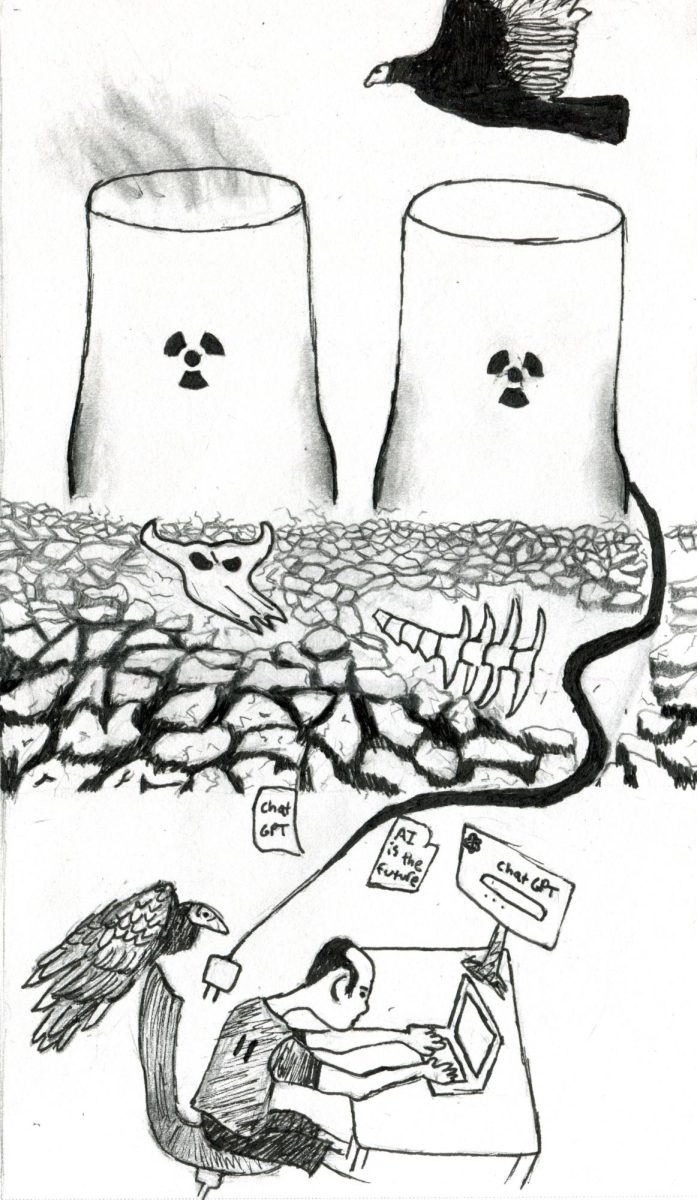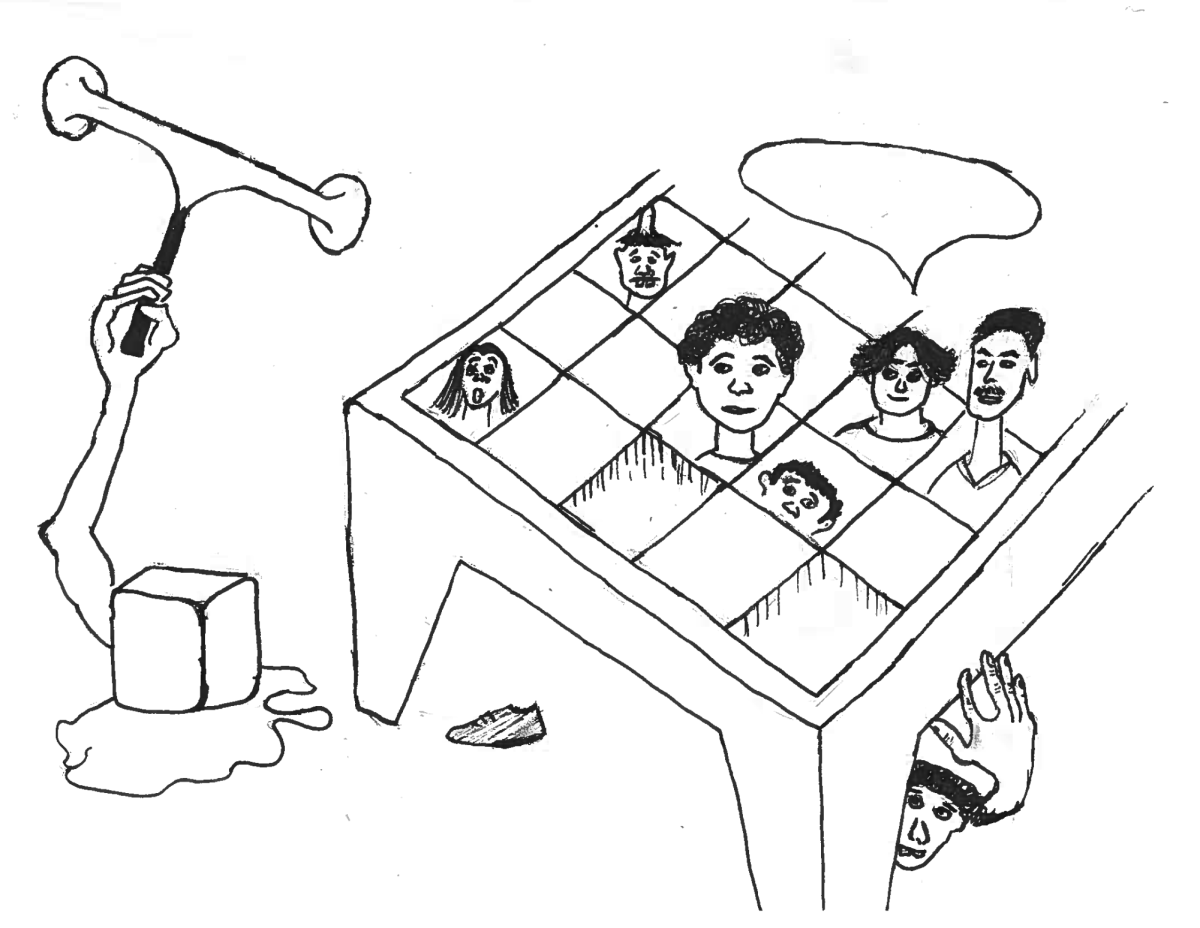Direct Care practice opens in LaGrange
December 1, 2017
During the 12 years that Dr. Clodagh Ryan completed her residency at Adventist LaGrange Memorial Hospital and worked in private practice in Western Springs, she realized the flaws of the current healthcare system. Doctors spend most of their time filling out bills for the insurance companies, or spending time on the phone with them discussing medications rather than focusing on the patient’s needs.
Dr. Ryan was unhappy with the complexities of dealing with the insurance companies and the stress it triggered, so she decided to break away from the traditional medical practice and start a direct primary care practice called Cara Direct Care located at 1400 West 47th St, Suite 1. The practice opened on Sept 1.
“I was very frustrated because I was spending at least 60 percent of my time doing administrative duties, not patient care,” Ryan said. “The computer work and phone calls to insurance companies are not what I trained for. I trained to take care of people, to listen to them, to talk to them, and to offer them [wellness] advice.”
Direct Primary Care focuses on restoring the doctor-patient relationship and making the patient the number one priority. Direct primary care is different from traditional practices because it does not require patients to have insurance to receive care. It is still recommended that patients have a plan for catastrophic events, like hospitalization or surgery. Paired with a high deductible insurance plan, direct primary care often saves people money on their healthcare.
“[Doctors] have to deal with insurance companies and pharmacies and referrals,” she said. “It is very complicated and it does not need to be.”
Since direct primary care does not involve the insurance company patients pay a flat fee each month, Ryan said. This is called pricing transparency. At Cara Direct Care, the price ranges from $50 for an adult 18-44 years old to $140 for a family with two children. It is $10 for every additional child.
“Everyone has been trained to think that health insurance is required to get basic medical care and they become reliant on it,” said Dr. Sital Bhargava, who owns a Direct Primary Care practice in New Lenox, Ill. “[People] don’t realize sometimes it can be cheaper without using your medical insurance. Labs, X-rays, and doctor’s visits can be a lot cheaper for better care if you don’t use your insurance and pay the cash prices.”
The direct primary care also benefits doctors because they will know how much money they make monthly. The doctors are also able to assign the medication they think will best suit the patient without worrying if the patient’s insurance covers it. The doctors also do not have to follow the insurance’s special charting system which requires them to write an unnecessarily long doctor’s note.
“I really like the idea of Cara Direct Care,” Reilly Holly-Meadowcroft ‘17, patient of Ryan, said. “It’s a relief that insurance is not a factor in this model of service. I have an insurance that [is] difficult to find providers for and so this model takes that issue right off my shoulders.”
Since the doctor does not have to fill out insurance bills there is more time with the patients. Ryan used to see patients for a standard 15 minute appointment. Now, each patient has a set hour long appointment with at least an extra 30 minutes if need be.
“I have patients from my old practice, which I was at for seven to eight years, and several of them have come over with me,” Ryan said. “I am getting to know stuff about them that I never knew before because I have time to talk to them. That social history can really help when you are trying to help a patient feel better and have a better lifestyle.”
Another unique feature is how patients have all the doctor’s contact information, so they are able to get in touch 24/7. This makes the doctor also available on weekends, early in the morning, or late at night. The doctor also takes on fewer patients, which makes it easier to accommodate to each patient’s needs.
“Virtual care is a huge part of my practice that patients love,” Ryan said. “They don’t have to leave work to take care of minor illnesses—we can do a virtual visit by phone, video call or email and help them feel better without disrupting their day by taking time off work or having to find a sitter for their kids. That leaves more time in my office for those patients who really need the face to face visit to work through what issues they might have. It’s a win win.”

























![Movie poster for '[Rec]" (2007).](https://www.lionnewspaper.com/wp-content/uploads/2023/04/rec-640x900.jpg)


